When Prime Minister Mark Carney tables his first budget this afternoon, it will be more than just putting forth a fiscal plan for the future of Canada. It will also be the opening act of a high-stakes set of political negotiations with the other parties, that will test the confidence of Parliament. If the federal Liberals fail to meet the expectations of at least three opposition MPs after unveiling their belated budget, the government could fall as soon as this Friday. If that’s the case, Canadians could be heading back to the polls before Christmas, only eight months since the last election.
Chances of a snap election being called
Canada has a long tradition of snap elections triggered by non-confidence votes on ill-fated budgets: Pierre Trudeau’s Liberals fell in 1974, Joe Clark’s Progressive Conservatives fell in 1979, and Stephen Harper’s Conservatives fell in 2011.
Real-time money traders on American prediction market Polymarket set the fluctuating odds of another Canadian federal election being called before the end of 2025 at 20 percent in the last couple of days (12 percent as of writing). While that is certainly a long shot, the LA Dodgers only had a 13.5 percent chance of winning at the top of the ninth, in Game 7, when they were only four strikes away from losing the World Series. Stranger things have happened, especially in politics.
How Canada ends up with a second federal election in 2025
The Liberals are currently only three seats shy of a majority, holding 169 seats in Parliament, so Carney needs to barter with three MPs outside his party to get his budget passed. However, the prime minister previously said he’s prepared to “fight” an election over his budget.
Last month, the Bloc Québécois (with 22 MPs) put forth 18 budget demands, six being non-negotiable. This included a request to extend recently boosted Old Age Security benefits to those aged 65 to 74. They’re currently at an impasse with the Grits.
Meanwhile, official Opposition leader Pierre Poilievre has said his Conservatives (144 MPs) will not support a budget with a deficit over $42 billion, much lower than the Liberals’ anticipated budget deficit, which is reported to be in the ballpark of $100 billion.
That leaves the Liberals negotiating with Green Party of Canada leader Elizabeth May (the party’s lone MP) and the leaderless NDP’s seven MPs to tilt the scales in their favour. May and the Greens have a record of working with the Liberals during previous minority governments, but with the The Globe and Mail reporting that the former Trudeau government policy to plant 2 billion trees will be nixed, and Carney making it clear his government will refocus Canada’s climate policy on carbon capture instead of the aggressive capping of emissions, the environmentalist party’s sole vote could be a nay.
Meanwhile, on Monday, Interim NDP Leader Don Davies said his party’s MPs won’t decide what to do until they’ve had time to thoroughly read over the budget. “All options are on the table,” he told reporters. However, NDP MP Leah Gazan said she wouldn’t vote for an “austerity budget,” following claims the document will include deep cuts to the federal public service. It’s more than likely the rest of the NDP caucus will follow suit. Although media reports claim NDP MPs are looking at “abstaining” from the vote, lest they trigger an election, they would actually need to no-show, as abstentions from a vote aren’t allowed within the House.
“There’s no such thing as an abstention. Everybody’s talking about abstentions, that doesn’t exist in parliamentary procedure,” explained Yaroslav Baran, former chief of staff to the chief government whip, during the Harper government.
If all seven NDP votes were subtracted from the vote through abstention, the Liberals would pass the budget without support from another party.
But today’s NDP are more unpredictable than yesteryear’s. Under the leadership of Jagmeet Singh, the NDP assigned formal “supply and confidence” agreements with then-prime minister Trudeau’s Liberals. But today the NDP are in the midst of a leadership race where the future identity of the party is up in the air. Earlier this week, NDP MP Jenny Kwan said, “I will not abstain.”
Interim NDP leader Davies told reporters he expects the seven-member caucus to be united in how they respond to the budget, and reports suggest the plan is to “abstain”. But if Kwan and just two of her party colleagues decide to break ranks and vote against the budget, alongside May, the Bloc Québécois, and the Conservatives, they would succeed by a lone vote of non-confidence and topple the government.
A lifeline for the Liberals arrived on budget day, which has changed the vote calculus. Conservative Nova Scotia MP Chris d’Entremont crossed the floor on Tuesday, saying he supports the budget.
When would voting day be?
If the Liberals’ 2025 budget fails to pass in Parliament, a writ period of at least 37 days and no longer than 51 days would have to be decided (with Elections Canada requiring election day to fall on a Monday).
The earliest the non-confidence vote could take place is this Friday, when the Conservative amendment not supporting the budget could pass. If that were the case, Governor General of Canada Mary Simon would dissolve Parliament within 48 hours, if following historic precedent. Thus, Canada’s 46th federal election could take place as early as Monday, December 22, 2025.
Could Canada face an election before Christmas? What factors make this possible?
What are the key policy disagreements that could lead to a budget defeat?
How might the NDP's internal dynamics and the concept of 'abstention' impact the budget vote?
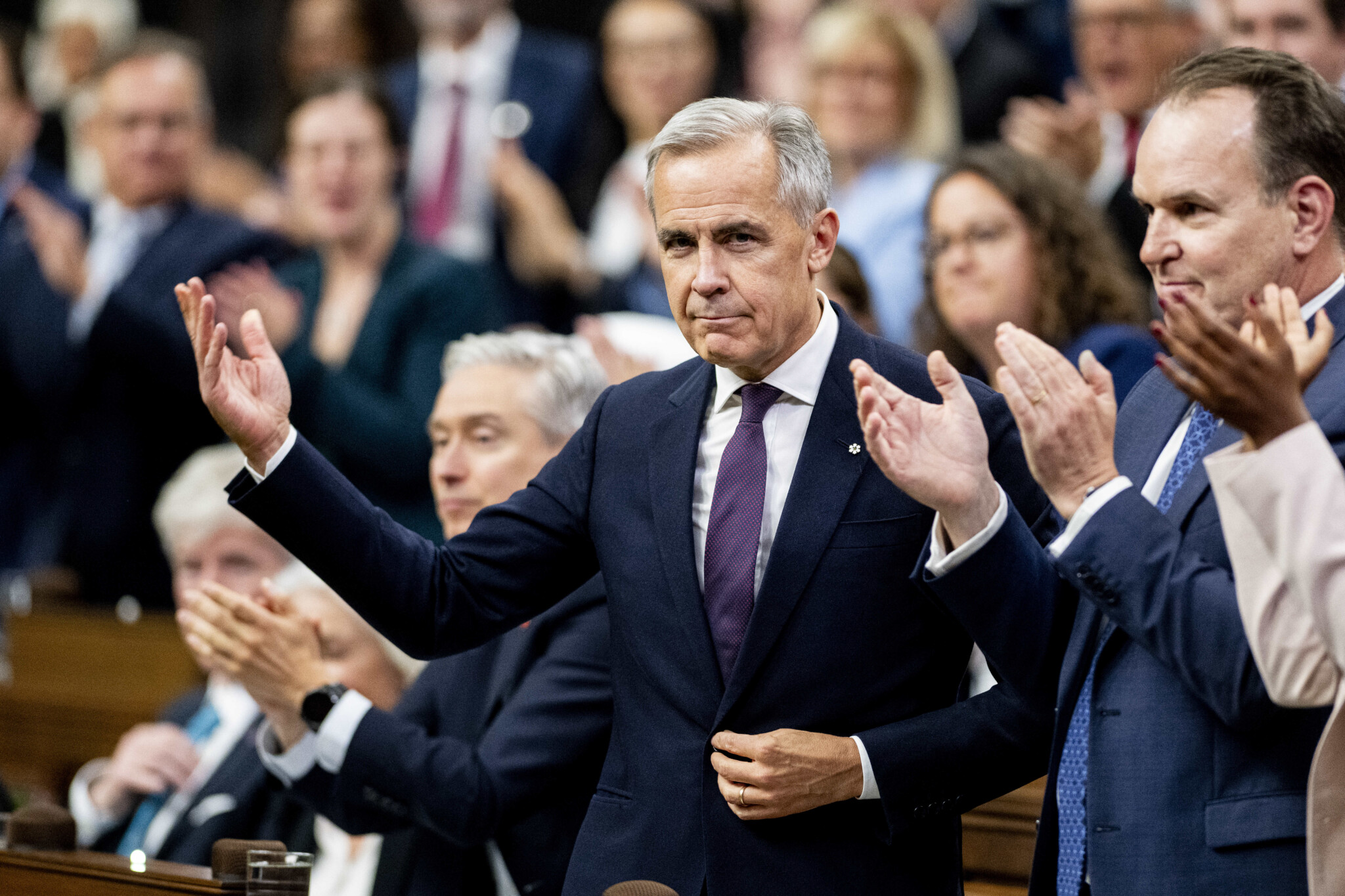



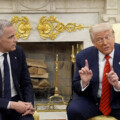

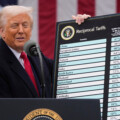
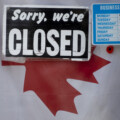

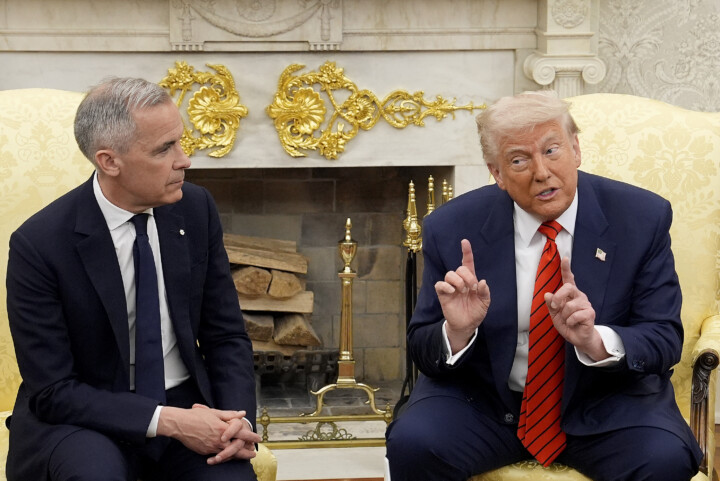

Comments (2)
The timing of this budget was a cynical ploy to dare its defeat. The Liberal plan was to guarantee themselves a bigger majority once voters punished the CPC for sending them to the polls so close to Christmas. This is also why Carney felt he didn’t need to satisfy opposition party requests.